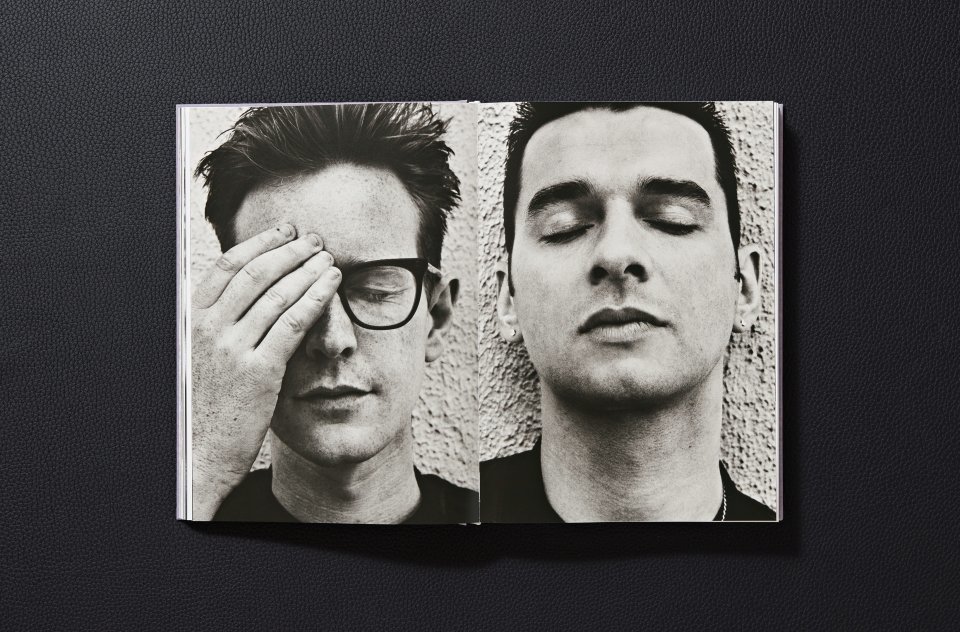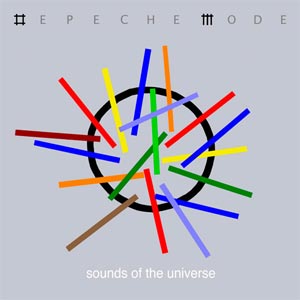

While Siouxsie and the Banshees released numerous great singles in the ’80s, “Peek-a-Boo” is their most innovative recording. It all comes together in a hallucinatory whirl of diabolical sounds and provocatively sexual imagery. In the chorus she wails “Peeeek-a-Boo, Peeeek-a-Boo” over a creepy extrapolation of the old jazz standard “Jeepers Creepers”. Her vocal phrasing is ingenious throughout. “Peek-a-Boo” features a dazzling vocal arrangement in which Siouxsie Sioux sings the lurid carnival freak show lyrics from a different part of the sound spectrum on each line. There’s a madly lurching accordion, a single-note belch of bass, and brief samples of brass laden with effects.

The stuttering drumbeat was created from a sample of their song “Gun” played backward, over which wildly inventive instrumentation was added. The track that became “Peek-a-Boo” started life as a possible b-side for their 1987 cover of Iggy Pop‘s “The Passenger”. Siouxsie and the Banshees – “Peek-a-Boo” (1988) Stylistically it defines R.E.M.’s early period before their sound became much more expansive beginning on albums like Fables of the Reconstruction and Document.ġ8. The freak-out ending, with Stipe wailing achingly and Mike Mills angrily slamming on the piano keys, provides some emotional release from the song’s inherent tension. It’s tight, compact, melodic and with a deeply felt vocal by Michael Stipe. It reached #85 on the Billboard Hot 100 and set the stage for ever-escalating popularity that went through the roof in the ’90s. Central Rain” was a staple on college radio, and MTV even gave the video some limited airplay. The primary single from their all-important second album Reckoning, “So. Central Rain” was R.E.M.’s slickest and most mature recording up to that point in their career. Central Rain” kicked the door down and got them permanent residency.

#Political over tones in depeche mode songs free
True, “Gardening at Night” and “Radio Free Europe” got them in the door, but “So. Central Rain” was most pivotal for R.E.M. They have tons of fantastic songs in the ’80s without having one that overshadows all the rest. Of all the great artists in this list, many with multiple songs that were potential candidates for inclusion, the most difficult band to pin down was R.E.M. Sting offers no solutions to his caustic observations, only more uncertainty: “Where does the answer lie? / living from day to day / if it’s something we can’t buy / there must be another way.” It’s a bleak outlook on the world in general, and it’s hard to argue with any of it.ġ9. “Spirits in the Material World” has a strong sense of foreboding in its political overtones, and sharp disdain for our “so-called leaders”.

Faint squeals of sax and a jittery counter-melody of guitar that floats above the final verse add to the oppressive unease. During the verses, Stewart Copeland’s rhythm anchors the alarm bell combination of reggae-flavored synths and guitar, while Sting’s explosive bursts of bass roil like snakes in a burlap sack. “Spirits in the Material World” is a complex musical puzzle during the taut verses before retreating to straightforward rock during the chorus. It vividly demonstrates how far ahead The Police were over many of their contemporaries in terms of musicianship, their deft arrangements, and the gravity of Sting’s lyrics. The opening track and first single from the Police‘s fourth album Ghost in the Machine, “Spirits in the Material World” is a tense expression of anxiety and paranoia. The Police – “Spirits in the Material World” (1981)


 0 kommentar(er)
0 kommentar(er)
